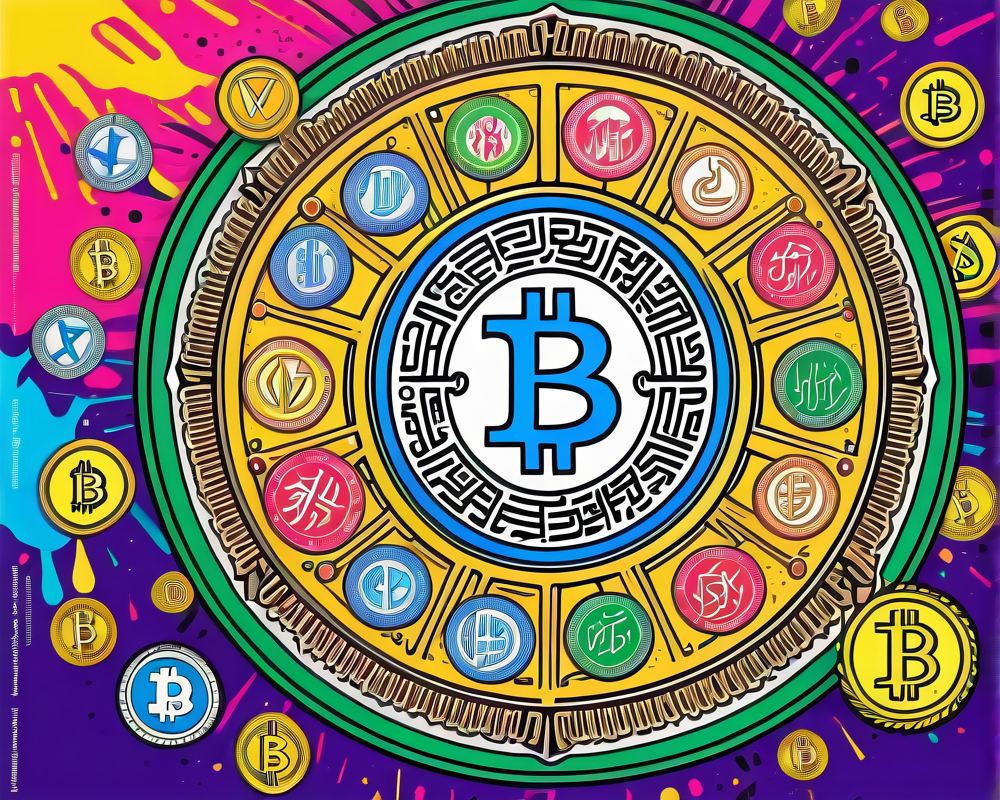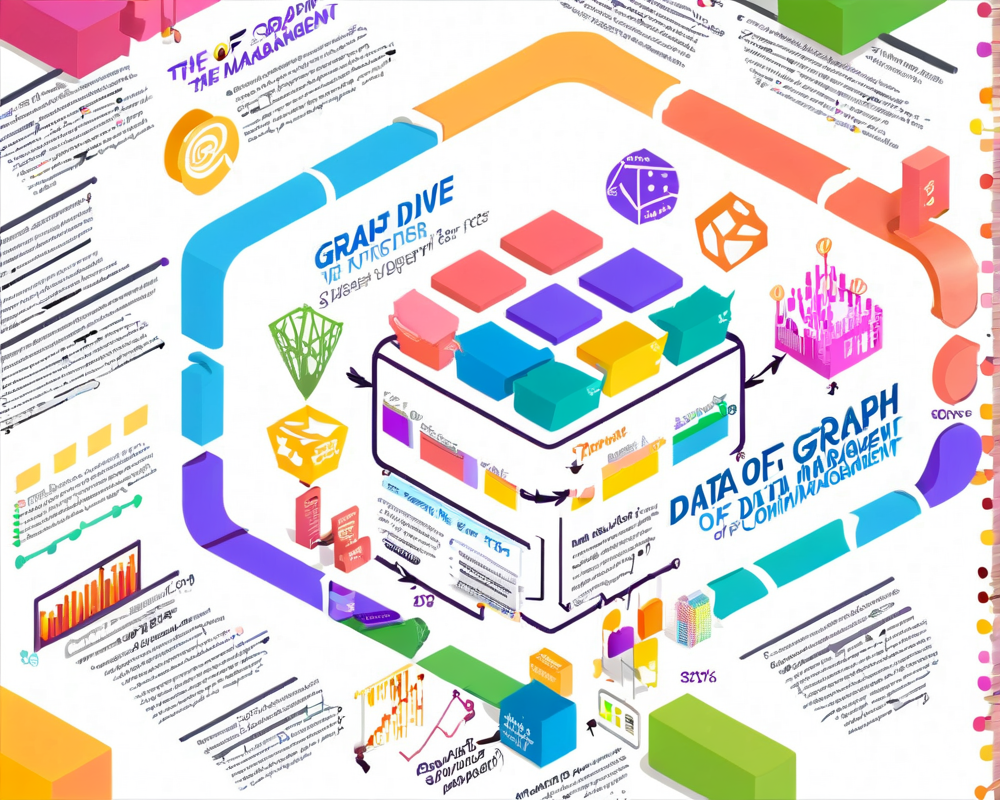Confirmed: Iran’s Experimental Digital Currency is Ready
On April 28, an Iranian government minister announced that the experimental model of the country’s domestic digital currency is set and ready. This revelation comes just as Iran tightens its grip on cryptocurrency trading, thanks to a recent banking blockade.
The Push for Digital Currency
During a meeting reported by the state news agency IRNA, Information and Communications Technology Minister Mohammad Javad Azari-Jahromi emphasized that the central bank’s restrictions don’t necessarily equate to a ban on the development of digital currency within the nation. He stated, “The central bank’s [ban] does not mean the prohibition or restriction of the use of the digital currency in domestic development.” Sounds like a fancy way of saying, “We’re still working on it, folks!”
Genesis of a Digital Plan
Azari-Jahromi first dropped the digital currency bomb earlier this year, on February 21, via a tweet discussing plans for a “cloud-based digital currency” for Iran’s banking sector. He mentioned that the Post Bank would be spearheading the project, leveraging the talents of the nation’s elites. He wasn’t just throwing around buzzwords either; he wrote,
“A pilot model for review and approval will be presented to the banking system of the country.”
Questions Still Linger
Despite the positive vibes, there are still more questions than answers. For instance, will this new currency ever see the light of day in the public sphere? And will Post Bank—government-owned to the tune of 51%—be the one in charge of unleashing this digital beast? Azari-Jahromi hasn’t clarified any of that yet, leaving many scratching their heads and wondering if this is government magic or just smoke and mirrors.
Challenges and Comparisons
Iran’s central bank recently imposed a blanket ban on cryptocurrencies for domestic banks, citing concerns over money laundering. This comes at a time when the Iranian rial is about as popular as a wet sock, plummeting to new lows amid speculations over renewed international sanctions from the U.S. Come May 12, if the nuclear accord goes south again, expect more economic fireworks.
Interestingly, this push for a state-backed currency has drawn parallels with Venezuela’s Petro, which many view as a desperate measure to evade stringent international sanctions. Are we looking at a digital revolution or merely a shiny nickel in a broken economy? Only time will tell.




